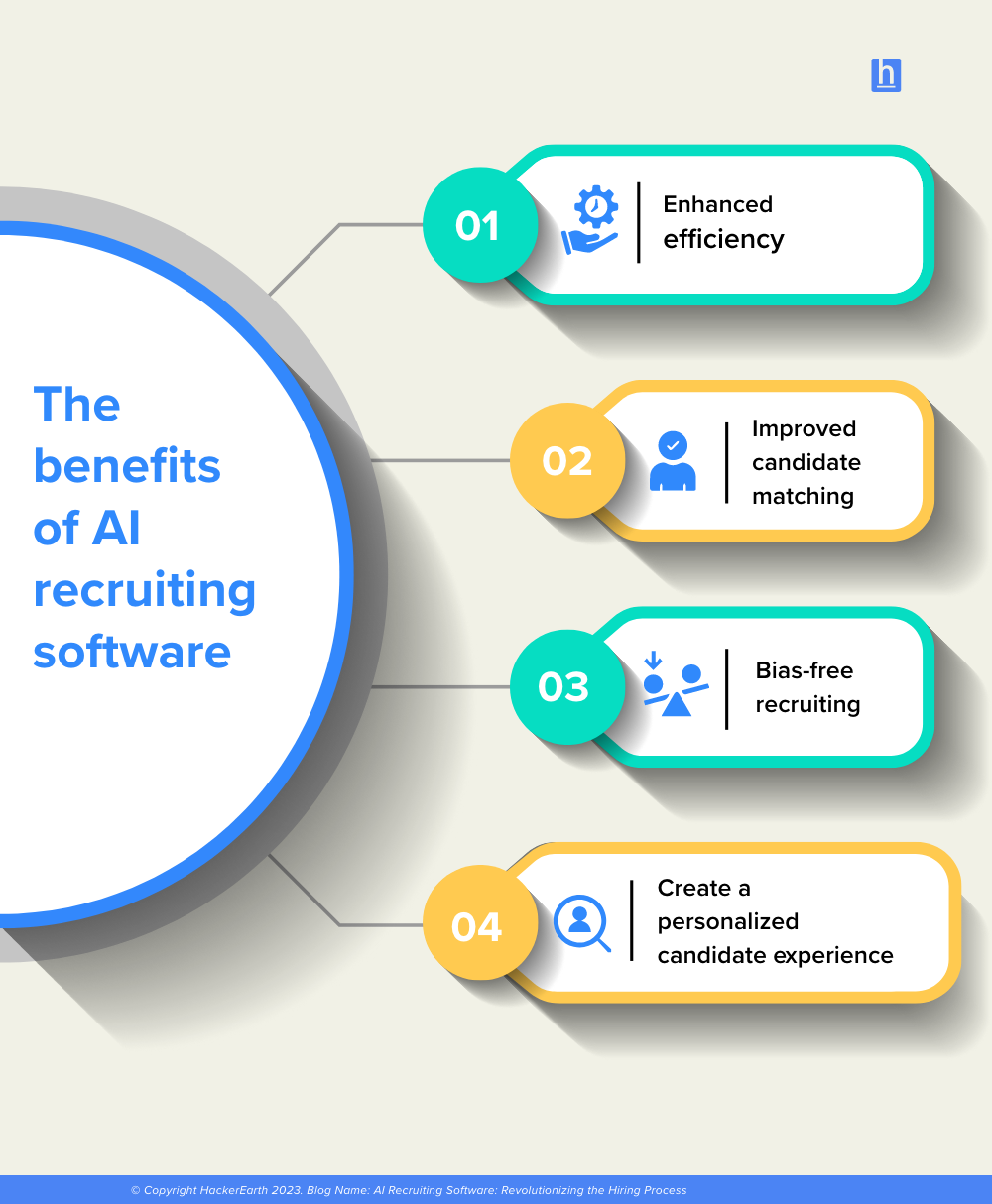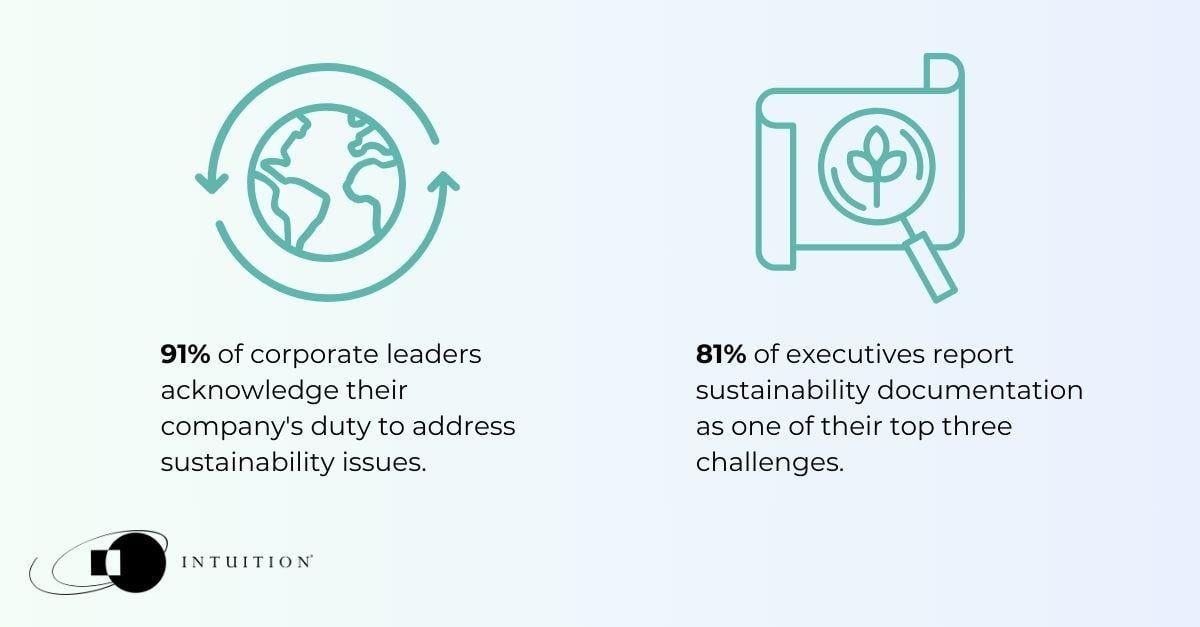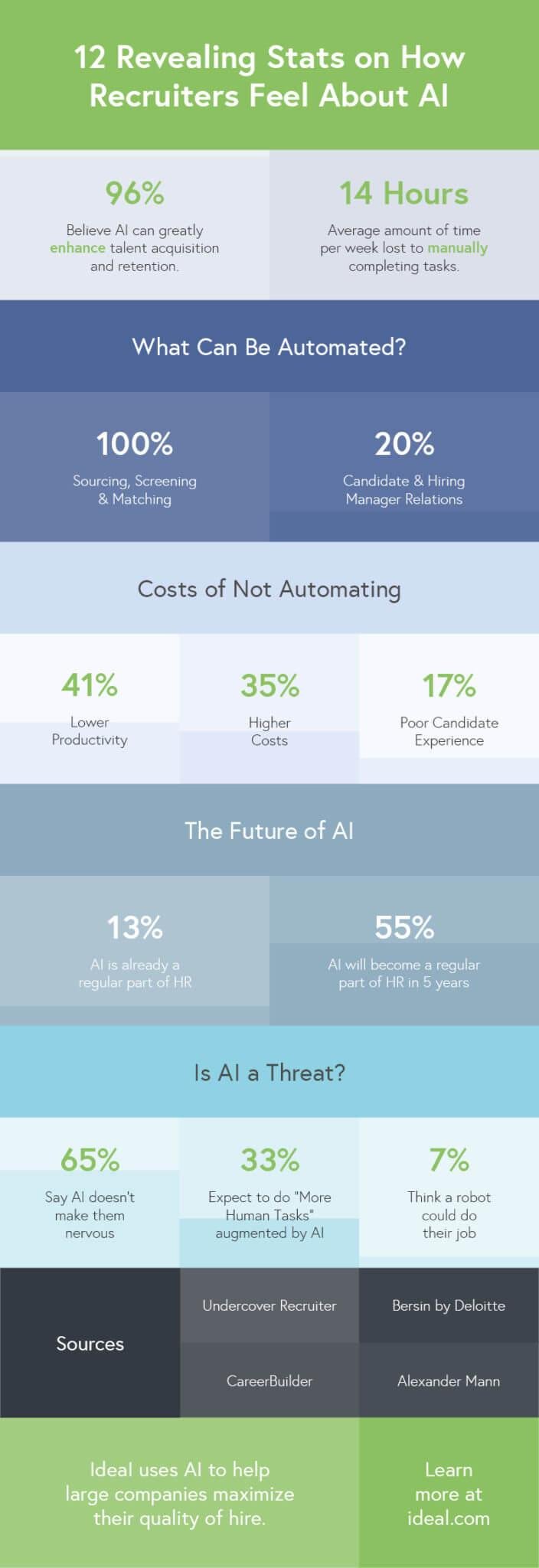You’ve dressed for the occasion, prepped your resume, and you know the salary you’re aiming for. The interview has gone really well, and suddenly, the hiring manager asks you: “Why do you want to work at this company?” And your mind goes blank. It’s a question that can catch you off guard, especially since it's often the recruiter or employer who’s shown interest in you first, not the other way around. So, you might feel tempted to respond with, “But you’re the ones who called me!” And honestly, it wouldn’t be entirely unreasonable.

Bold, but no good for your chances to get hired. Source: Bored Panda.
That answer, though, probably won’t get you very far, even if it would make you feel better. That’s why we’ve put together this post to explain why this question gets asked and offer some tips on how to answer it “correctly.”
Why is this question asked?
The question about why you want to work at a particular company can come up at any point during the interview process. It can take various forms, like: "Why do you want this job?", "Why do you want to work for us?", "Why do you think you’re a good fit for the role?", "Why did you send us your resume?". Recruiters like to ask open-ended questions to learn more about the candidate beyond just getting the “correct” answer.
In reality, recruiters aren’t expecting a love letter to the company you’re applying to. This question helps them explore your reasoning, your overall professional motivations, and other things they want to know, such as:
- Whether you have an interest in the company and have done at least some research on it.
- Whether you’re someone who can envision yourself in the role and express that convincingly.
- Whether you culturally fit with the company’s values and mission.
At Prosperity Recruitment, with over 20 years of recruitment experience and millions of interviews under our belt, we know this question is bound to come up. That’s why we think it’s important to give you some hints on how to answer it well and make a good impression on the employer.
3 types of answers
As with so many things in recruitment, it's important to highlight that there isn’t one right answer that works in every situation. However, there are some ideas you can keep in mind so that when the moment comes, you’re not caught off guard. Here are a few:
1. Transparent answer
This type of answer shows your sincerity, which is something the company’s recruiter will appreciate. However, it’s important not to be “too honest”, if you know what we mean. The employer already knows that you’ve probably considered all the pragmatic reasons, but if you’re transparent, you can find ways to align your pragmatism with the company’s interests.
You could say a variation of this:
“Recently, a restructuring at my company affected me, and I’m open to new opportunities. I saw your job posting and was interested because you’re in the X industry, where I have extensive experience.”
Or, “I’ve been looking for a new project for a while, and I’m drawn to the way your company does things. I’ve seen X, Y, and Z projects you’ve worked on, and those are the kinds of projects that motivate me and where I can have the most impact.”
You can be transparent without coming across as too pragmatic or even cold.
2. “Politically correct” answer
The most suitable answer to this question is one that highlights that you like the company, the industry it operates in, and the role itself. In general, this is something recruiters expect to hear, so it’s good to be specific and go a bit further in justifying why you like the company.
To know how to answer when they ask why you want to work with them, you need to do your homework:
Study the company thoroughly. Digitalization and globalization have a great advantage: you can find any kind of information online. So, look up the company’s website and learn about its origins, values, key projects, and the team behind it. Another good option to get to know the company better is to visit its social media and see what they post, how they interact, and what message they want to convey. You need have a good grasp of what they are about before the inverview, and to be able to answer these type of questions.
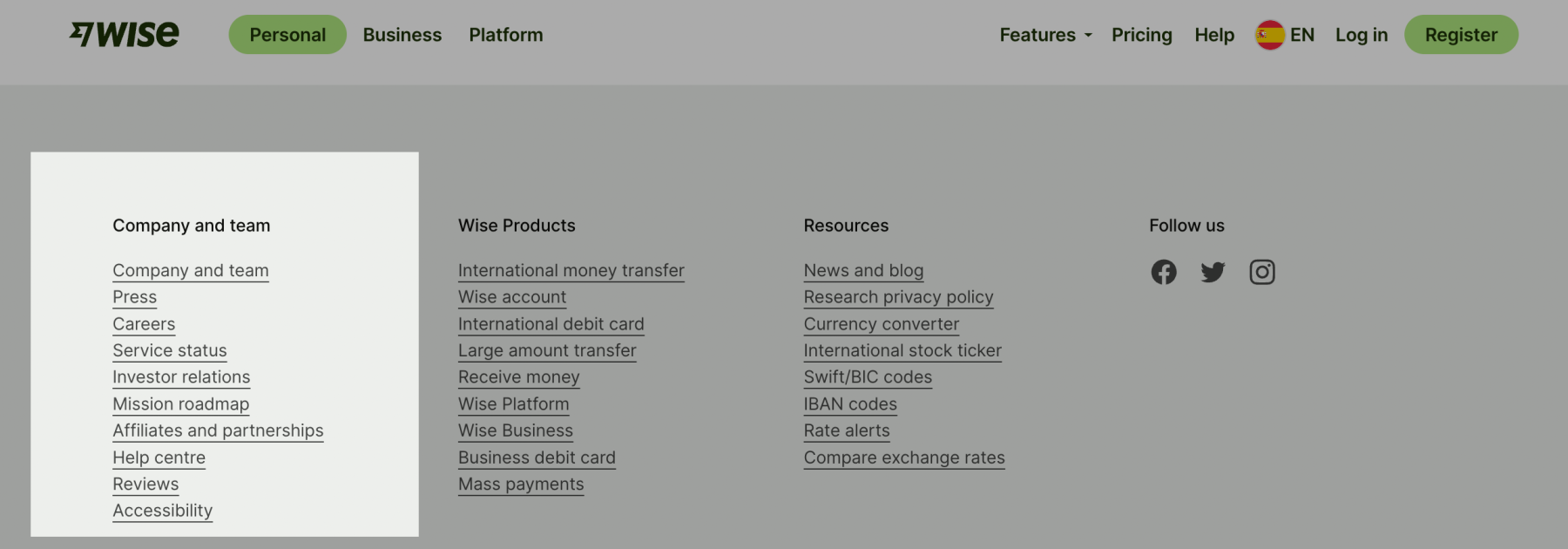 The footer; your best friend before going to interview for a company. Source: Wise.
The footer; your best friend before going to interview for a company. Source: Wise.
Almost all companies have a section dedicated to their history, culture, and values. In general, you’ll find more than enough information to hold your own in the interview.
Analyze if your values align with those of the company. Every person and every company has certain values. For example, on Ikea’s website, you’ll see that they clearly define their values: staying united, caring for people and the planet, doing more with less without sacrificing quality, simplicity, and renewal, among others. Aligning with these values will be crucial for any worker they hire. The same goes for the company where you’ve applied. Analyze your values and check if you identify with them.
Find the part of the company that you like the most and imagine how you could add value there.
3. Professional answer
If your goal is to take a professional leap (e.g., moving to a more responsible position or changing sectors), or you think your skills are a good fit for the role, you can explain this and answer the recruiter’s question about why you want to work at the company.
It’s also important to think about how you can bring value to the company. To do this, you’ll need to analyze your professional abilities and see how they fit with the position. Also, review the tasks required for the role and see if they really align with your skills. To impress your interviewer, you could even research a problem the company is facing and suggest how you would solve it. Companies love finding people who know how to solve their problems and are eager to do so.
Proactivity in an interview is key to making it successful. Don’t forget to ask your own questions, both about the position and the company.
Answers to avoid
In addition to the answers that can help you know how to respond to why you want to work with us, there are also some responses you should avoid, like these:
"Because the salary is good"
It’s obvious that the pay you’ll receive from the company is important, but it shouldn’t be the primary factor in applying for a job. You should consider what the position adds to your professional development, what benefits the company offers besides the salary, and make your decision based on all this information. Employers don’t like feeling that they’re attracting employees just with money.
The employer might think, if there’s no other reason you’re attracted to them besides money, you’ll leave as soon as you find a better offer. It’s important to understand the hiring manager's perspective.
"I need a job"
This is a very honest answer, but perhaps too honest. It’s understood that someone in a job interview wants a job—the employer knows this—but hearing that this is your main reason for applying is like saying you’d apply to any offer that comes your way. It’s good to project confidence and control. We all need a job, but that shouldn’t be the answer to this question. Come up with a reasonable alternative.
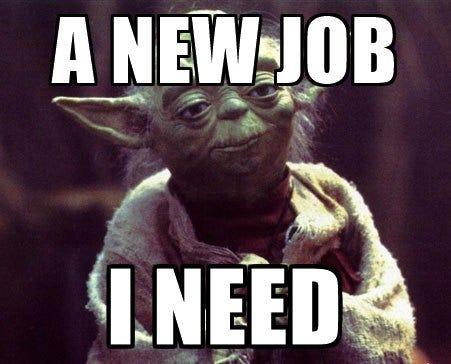
Maybe Yoda could pull it off. Source: Medium.
"I'll use it as a spingboard"
Employee turnover is one of the factors HR managers try to avoid. Having future plans for your career is good, but keeping your response focused on the short term within the company you’re hoping to work for will be better received than explaining that your time with them will be just a brief stop on your way to bigger goals.
In short, knowing how to answer why you want to work with us requires preparation and knowledge of the company you want to work for. Don’t forget that job hunting is a job in itself.
Prosperity
If you are seeking a job in digital or need assistance with your recruitment efforts, check out our website! https://www.prosperity.ie/
If you want to know more about the recruitment process at Prosperity get in touch!
Moreover, if you are looking for guidance on salaries, download our 2024 Salary Survey!


